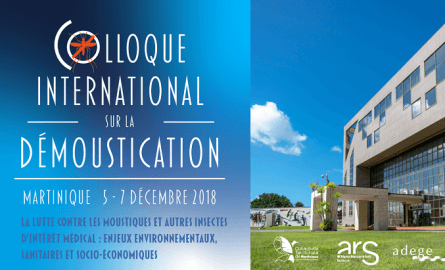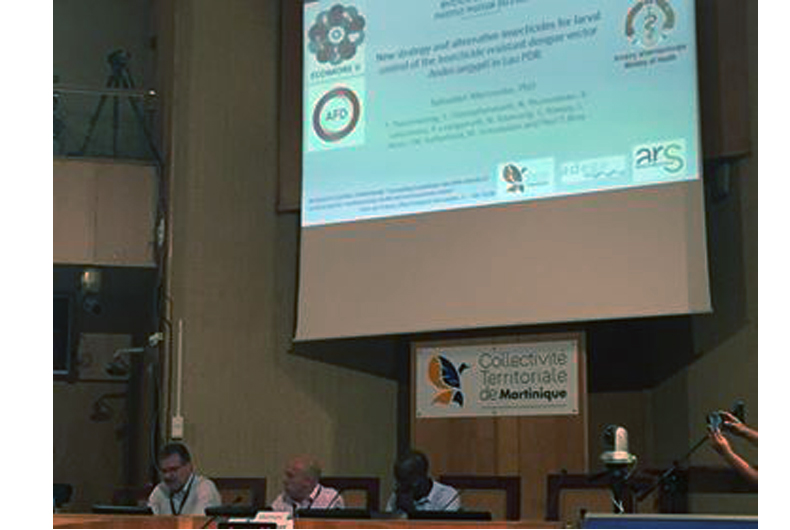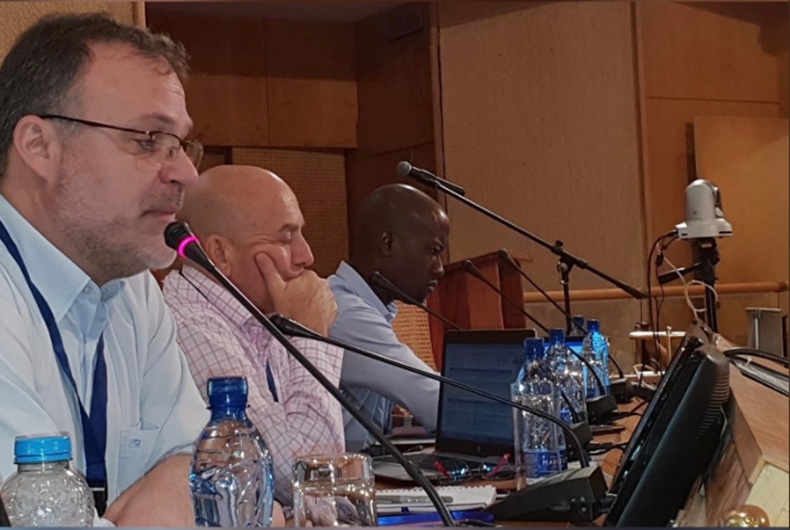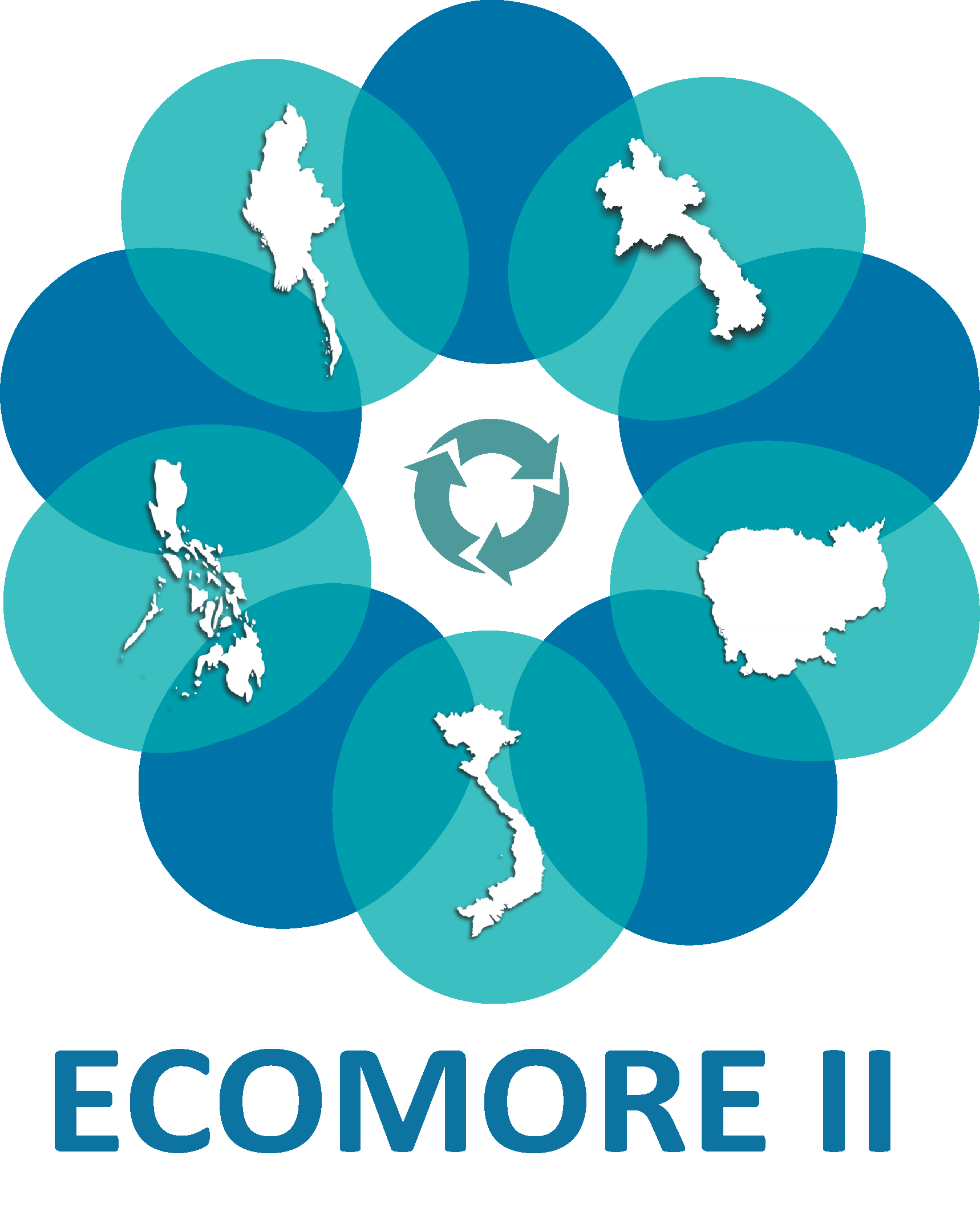Fort-de-France (Martinique) December 5 – 7th 2018

The Territorial Authority of Martinique organized, in partnership with the Regional Health Agency of Martinique, an international meeting on mosquito control on December 5-7, 2018. This scientific event has updated the current situation of practices in the Caribbean and over the world, of alternative methods and of mosquito control future.
During 3 days, more than 70 vector control experts from operating services or from labs met in Fort de France to share their experience.
During the last decades, the Caribbean region was hit by dengue, chikungunya and Zika epidemics with considerable impact on public health and the economies of these countries.
The threat of new epidemics remains important and forces to strengthen cooperation in order to anticipate probable crises and to respond better and collectively.
The context of the conference
Current dengue vector control strategies, focusing on reactive implementation of insecticide-based interventions tend to be inefficient, short-lived, and unsustainable within the worldwide epidemiological scenario of virus epidemic recrudescence.
Several innovative methods are being developed to complement the current control of Aedes populations and could impair the transmission of vector-borne disease. Some show great potential but are not yet available as part of institutional prevention and control programs.
The conference has reviewed results of innovative control tools for the dengue, chikungunya and Zika vector which are now becoming available and has discussed their imminent incorporation into institutional vector control programs through 3 main workshops:
Organization and current situation of mosquito control in represented countries
New strategies and innovative projects
Identifying the future and the obstacles ahead for new control tools
In this sense attendees shared their experiences, research and practical perspectives; Sébastien Marcombe (Entomologist Researcher at Institut Pasteur in Lao PDR) made a presentation on “New strategy and alternative insecticides for larval control of the insecticide-resistant dengue vector Aedes aegypti in Lao PDR”. This presentation showed preliminary results documented by ECOMORE2 entomological study in Vientiane implementing the In2care auto-dissemination system.


This meeting brought together more than 70 participants, IRD (France and Island of la Reunion), ANSES, OPS and OECS (USA), ARS-Indian Ocean, EID Atlantic and EID Mediteranean, DASS of New Caledonia…The International Network of the Instituts Pasteur was represented by Institut Pasteur du Laos, Institut Pasteur de Guadeloupe and Institut Pasteur de Guyane.

Add Comment